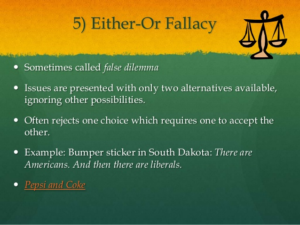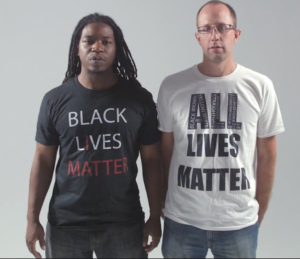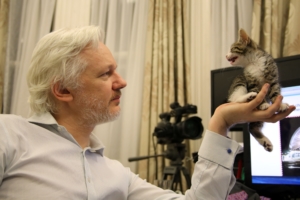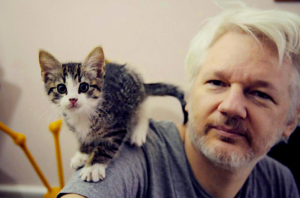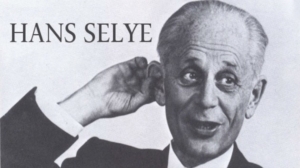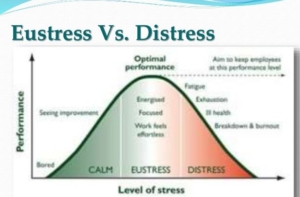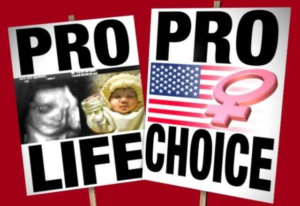Religion, Ritualistic Avoidances, and Capitalism
Do the Benefits of Capitalism Transcend Traditional Religion?
 Islam, Judaism, and Christianity currently constitute the three major religions of the world. They are distinguishable from one another through some major theological differences. However, one concept they all have in common is that they make certain things or people the object of ritualistic avoidances.
Islam, Judaism, and Christianity currently constitute the three major religions of the world. They are distinguishable from one another through some major theological differences. However, one concept they all have in common is that they make certain things or people the object of ritualistic avoidances.
Objects of ritualistic avoidance can more succinctly be described as people, things, or ideas that do not fit into an expected or “proper” category. For example, when an animal bleeds without stopping for several days, it is expected to die. However, women bleed every month, for several days, and nevertheless live. Because of this fact, women, in many religions and cultures, have become the object of a ritualistic avoidance. According to ancient texts of all three major religions, women are supposed to cover their heads and men are supposed to avoid them, except in marriage. Women are prohibited from co-mingling with men in mosques and orthodox synagogues. In the past, men and women were separated into churches. Furthermore, many women, even today, are kept primarily in the home, away from people they do not know.
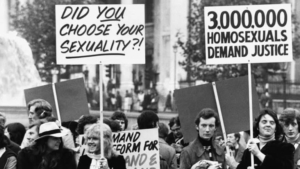 Homosexuals are often another object of ritualistic avoidance because they do not fit the expected category of a male husband and a female wife. Furthermore, they have sexual relations but do not have children. As a result, they too, like women, are often made the object of a ritualistic avoidance. For example, homosexuals are prohibited entry into many places of worship, and most religions will not provide a ritualistic coming together for them, such as a marriage ceremony. Like women, in many societies, homosexuals are often avoided.
Homosexuals are often another object of ritualistic avoidance because they do not fit the expected category of a male husband and a female wife. Furthermore, they have sexual relations but do not have children. As a result, they too, like women, are often made the object of a ritualistic avoidance. For example, homosexuals are prohibited entry into many places of worship, and most religions will not provide a ritualistic coming together for them, such as a marriage ceremony. Like women, in many societies, homosexuals are often avoided.
Transgendered individuals provide a classic case of individuals who do not fit into a category. Neither exclusively male or female, they defy convention. Many religions or denominations have condemned them to hell, denied them entry into places of worship, and prohibited them from even being around church members. They are fired from jobs, kicked out of families, and often left on the streets. Arguably, it is difficult to contemplate a more uncertain social position, where the traditional categories simply do not apply.
African-Americans occupy a precarious position within the history of America. Their peculiar beginning in this country has resulted in them becoming the object of ritualistic avoidances, throughout time. The hardships they suffered provided historical examples of how capitalism can transcend systemic racism. For example, the Woolworth’s lunch counter sit-ins of 1960 resulted in an extraordinary loss of revenue to the company. As a result, Woolworths changed its discriminatory policy of not serving African-Americans. Additionally, the Birmingham bus boycott of 1956/57, triggered by the Rosa Parks incident, ended because of the economic loss to the bus lines. The tremendous loss of revenue resulted in the discriminatory law being swiftly changed. These examples of capitalism transcending ritualistic avoidance arguably resulted in a better world for us all.
 In the business world, business owners and employees alike, encounter various types of individuals. Quite simply, if a person has the need for a product or service, it is highly unlikely they will be ritualistically avoided. This is because of the economic benefit reaped by the company or individual providing the product or service. In this sense, as displayed in the historical examples previously cited, it can be asserted that capitalism has the potential to be the great equalizer. For example, if a woman, homosexual, transgendered individual, or African-American, expressed an interest in purchasing a digital marketing program, a plethora of individuals within this given field would immediately run to their aid. Denying service to them would result in a negative societal benefit or loss of revenue. Those refusing to provide service would be doing so at their own peril. As a result, capitalism makes approaching, co-mingling, and serving them preferable.
In the business world, business owners and employees alike, encounter various types of individuals. Quite simply, if a person has the need for a product or service, it is highly unlikely they will be ritualistically avoided. This is because of the economic benefit reaped by the company or individual providing the product or service. In this sense, as displayed in the historical examples previously cited, it can be asserted that capitalism has the potential to be the great equalizer. For example, if a woman, homosexual, transgendered individual, or African-American, expressed an interest in purchasing a digital marketing program, a plethora of individuals within this given field would immediately run to their aid. Denying service to them would result in a negative societal benefit or loss of revenue. Those refusing to provide service would be doing so at their own peril. As a result, capitalism makes approaching, co-mingling, and serving them preferable.
The three major religions of the world encourage the ritualistic avoidance of individuals who do not fit into “proper” societal categories. However, capitalism has quite the opposite effect, providing an economic benefit for supplying products or services for individuals, whether they fit into a category or not. As a result, one can surmise that capitalism has the potential to be the great equalizer, transcending some of the negative aspects of religion as well as their resulting cultural rituals. As capitalism spreads around the world, its equalizing qualities and positive social benefits will avail themselves to further analysis and study.






